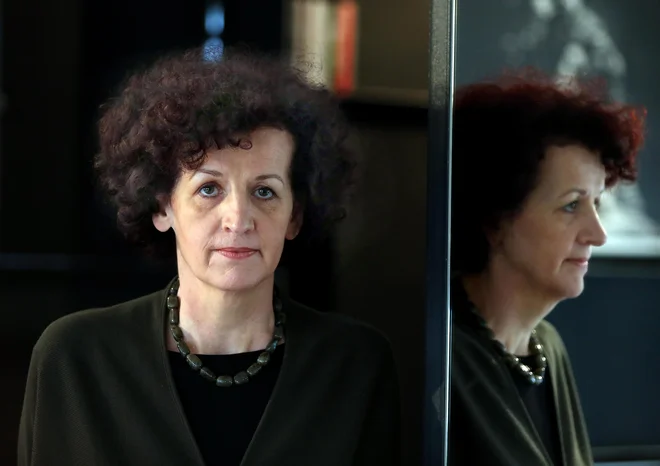Parliament is preparing to limit the use of drones

Parliament is preparing to limit the free use of drones by introducing areas in which they are prohibited. In addition, a mechanism for forced landing and the removal of the unmanned units violating the provisions is introduced.
This is envisaged by amendments to the Civil Aviation Act proposed by the Council of Ministers, which were today adopted at first read in the Reside Committee on Transport and Communications. The changes are to be considered in plenary. The changes came after the drone flew over the Sofia airport and this slowed many flights.
The Interior Ministry is searching for the drone owner who has delayed flights at Sofia Airport
According to the changes drones will not be able to fly in:
- the geographical zones of unmanned aerial systems in which their operation is limited or prohibited;
- the controlled structures of the airspace;
- The guarded boundaries of the airports for public use.
However, the bill sets out an exception – these areas will be able to fly state drones « for security, defense, national security, counteraction to crime and public order protection, provision of fire safety and protection for fires, disasters and emergencies, as well as for the needs of emergency medical assistance. »
It is envisaged that the order for forced landing of the unmanned aerial vehicle and for the implementation of compulsory measures for its removal to be determined by an ordinance of the Council of Ministers at a proposal of the Minister of Defense, the Minister of Transport and Communications, the Minister of Interior, the Minister of Foreign Affairs and the President of the State Agency.
| However, it is relied that the damage arising from the forced landing will be removed by the offender. |
The law also introduces a change in the Penal Code, providing for persons who threaten the security of an aircraft in flight with the operation of an unmanned aircraft (drone) in violation of order is punished by imprisonment of three to fifteen years
The deputies voted more amendments to the Postal Services Act, which envisages the compensation for Bulgarian Posts EAD for the universal service to be complete without the limit of EUR 15 million, in compliance with the rules of state aid. Transport Minister Grozdan Karadjov defended changes and said that even with the allocation of such funds, there would be no significant effect on competition, as « Bulgarian Post » has « an insignificant share in the Bulgarian market for courier services ».
One Naum: The Ministry of Agriculture works to create a « shop for people »
They were adopted at first reading and amendments to the Electronic Communications Act, allowing subscribers to mobile operators to terminate their contracts without a penalty for price indexation. Bozhidar Bozhanov’s proposal from « We continue the change – Democratic Bulgaria » was also accepted, with which telecom clients will be able to save their mobile numbers upon termination of contracts, even when this is done by the mobile operator (Now the transfer of a number is possible if the client terminates his contract – note aut.).
The Consumer Protection Commission has announced that it will fine mobile operators because of the new prices
A bill was rejected, which offered the Special Intelligence Bureau to control the use of traffic data. The importer of the changes is the co -chairman of « Yes, Bulgaria » Bozhidar Bozhanov, who motivates his proposal by the fact that the telecoms that store this data can use this data for targeting users. He suggested that the data continue to be kept for up to six months by the telecoms, but in an unreadable form that is decrypted only by a judgment. The majority rejected the proposal on the grounds that it should be discussed at an interagency working group.










